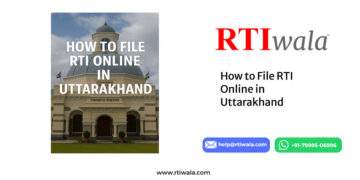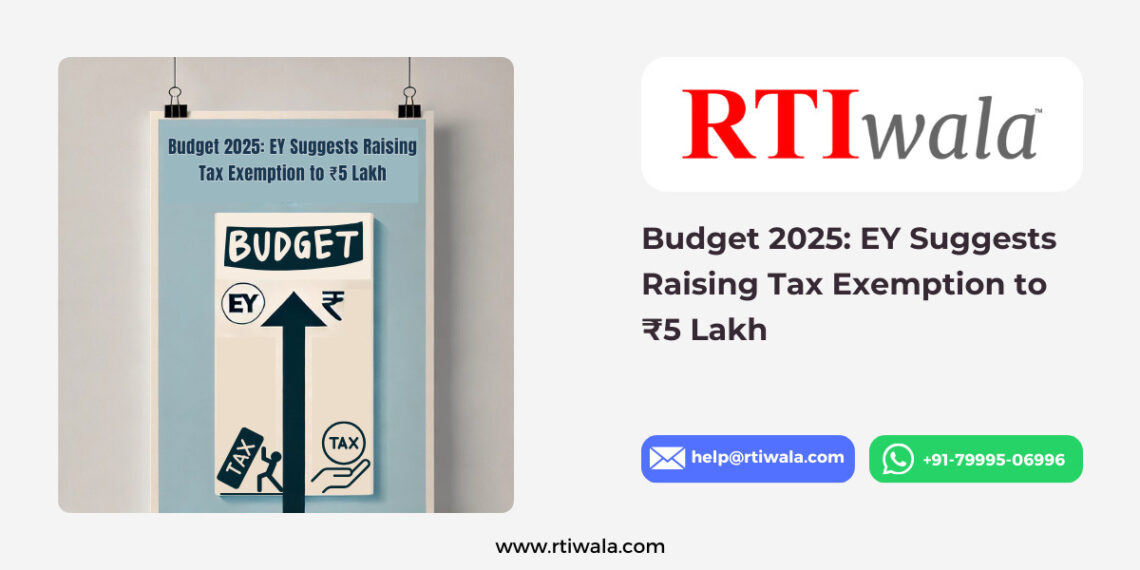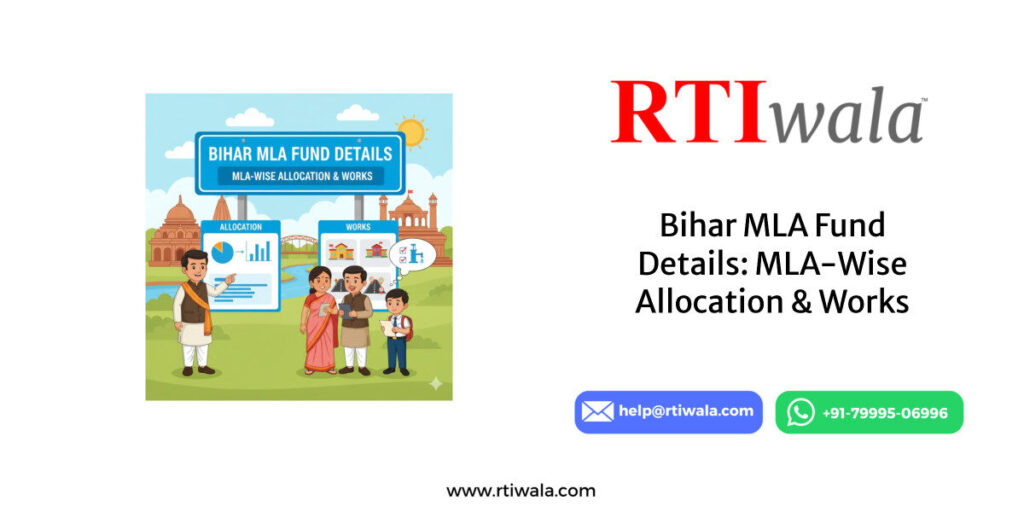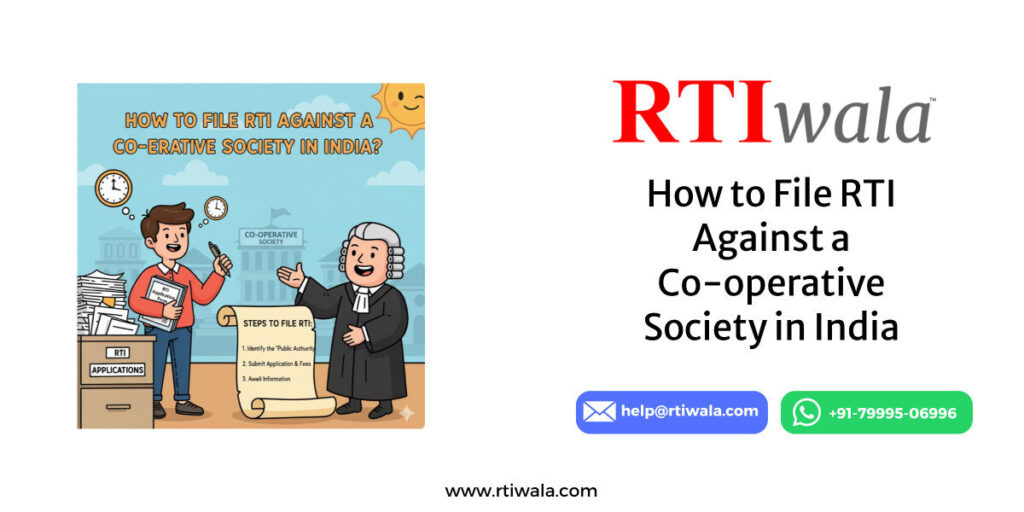As the Union Budget 2025 approaches, there is growing anticipation regarding potential reforms in India’s income tax structure. Ernst & Young (EY), a leading consultancy firm, has put forth significant recommendations aimed at providing relief to taxpayers and simplifying the tax regime. The proposed changes, if adopted, could significantly impact personal finances and boost the economy.
Proposed Reforms: Enhancing Taxpayer Relief
EY has recommended increasing the basic exemption limit under the new tax regime from the current ₹3 lakh to ₹5 lakh. This adjustment would directly benefit individuals in the lower-income brackets, reducing their tax liability and potentially increasing disposable income. Such a measure is expected to provide substantial relief to middle-class taxpayers, allowing them to allocate more funds toward savings and consumption.
In addition to raising the exemption limit, EY advocates for a reduction in income tax rates for lower tax brackets. By lowering the tax burden on lower-income groups, the government could stimulate consumer spending, which, in turn, would drive economic growth. Simplifying the tax system further by rationalizing Tax Deducted at Source (TDS) rates is also part of EY’s proposal to reduce administrative complexities for taxpayers.
These changes could significantly enhance compliance and reduce the paperwork burden faced by individual and corporate taxpayers alike. The simplification would also create a more efficient tax system that encourages voluntary participation and reduces instances of evasion.
Additional Recommendations: Addressing Specific Taxation Issues
EY’s wishlist for Budget 2025 includes clarity on several taxation issues that have long needed attention. One such issue is the taxation of cryptocurrencies and non-fungible tokens (NFTs). EY calls for clear guidelines on how virtual digital assets (VDAs) are taxed, including provisions for setting off losses from such investments. This clarity would help investors and traders better navigate the tax implications of the rapidly growing digital asset market.
Another important recommendation is the removal of the cap on the set-off of house property losses against other heads of income. Doing so would provide considerable relief to real estate investors and property owners. The consultancy also suggests expanding the House Rent Allowance (HRA) exemption for residents of tier-2 cities like Hyderabad, Bengaluru, and Pune, enabling them to benefit from a 50% exemption similar to that available in metro cities.
EY further recommends deferring the Tax Deducted at Source (TDS) on Provident Fund (PF) interest exceeding ₹2.5 lakh until the withdrawal stage, reducing the immediate tax burden on salaried employees. Another key suggestion is extending the Employee Stock Ownership Plan (ESOP) tax deferment benefit to all employers, allowing employees to pay taxes only when they sell the shares.
These measures aim to align India’s tax policies with global best practices, making it easier for individuals and businesses to comply while fostering a more equitable and efficient tax environment.
RTIwala: Your Trusted Partner for Navigating Tax Reforms
Amid these expected changes, staying informed about tax policies and their implications becomes crucial. RTIwala, India’s leading Right to Information (RTI) platform, empowers individuals and businesses by providing expert assistance in filing RTIs to obtain critical financial data, including tax-related records, government policies, and regulatory guidelines.
With RTIwala services, you can:
- File RTIs to access data on new income tax exemptions and rates.
- Request detailed information on TDS rates, Provident Fund taxation, and ESOP benefits.
- Seek clarification on cryptocurrency taxation and virtual digital asset guidelines.
Filing an RTI can help you obtain accurate and authentic information directly from government departments. If you are uncertain about the implementation of new tax reforms or want to ensure compliance, RTIwala team of legal and financial experts is here to guide you.
Why Choose RTIwala?
- Trust and Expertise: RTIwala has a proven track record of helping individuals and organizations access critical government data.
- Customized Solutions: From personal tax queries to business compliance, RTIwala provides tailored RTI filing services.
- Transparency and Clarity: Gain direct answers from relevant authorities to make informed financial decisions.
By using the RTIwala platform, you can avoid relying on incomplete or misleading information and instead obtain verified data for better financial planning.
Conclusion
As India awaits the Union Budget 2025, taxpayers should remain vigilant about the proposed changes and understand how they may be impacted. EY’s recommendations for raising the basic exemption limit, reducing tax rates, and addressing specific tax complexities could bring substantial relief and simplify compliance.
However, navigating these reforms effectively requires accurate information and professional guidance. RTIwala stands ready to assist you in obtaining the data you need, ensuring transparency and informed decision-making. Empower yourself with knowledge—leverage RTIwala services to stay ahead in the evolving tax landscape.
Don’t be left in the dark about your tax liabilities. Trust RTIwala to provide the clarity you deserve. File your RTI today and take control of your financial future.




















































